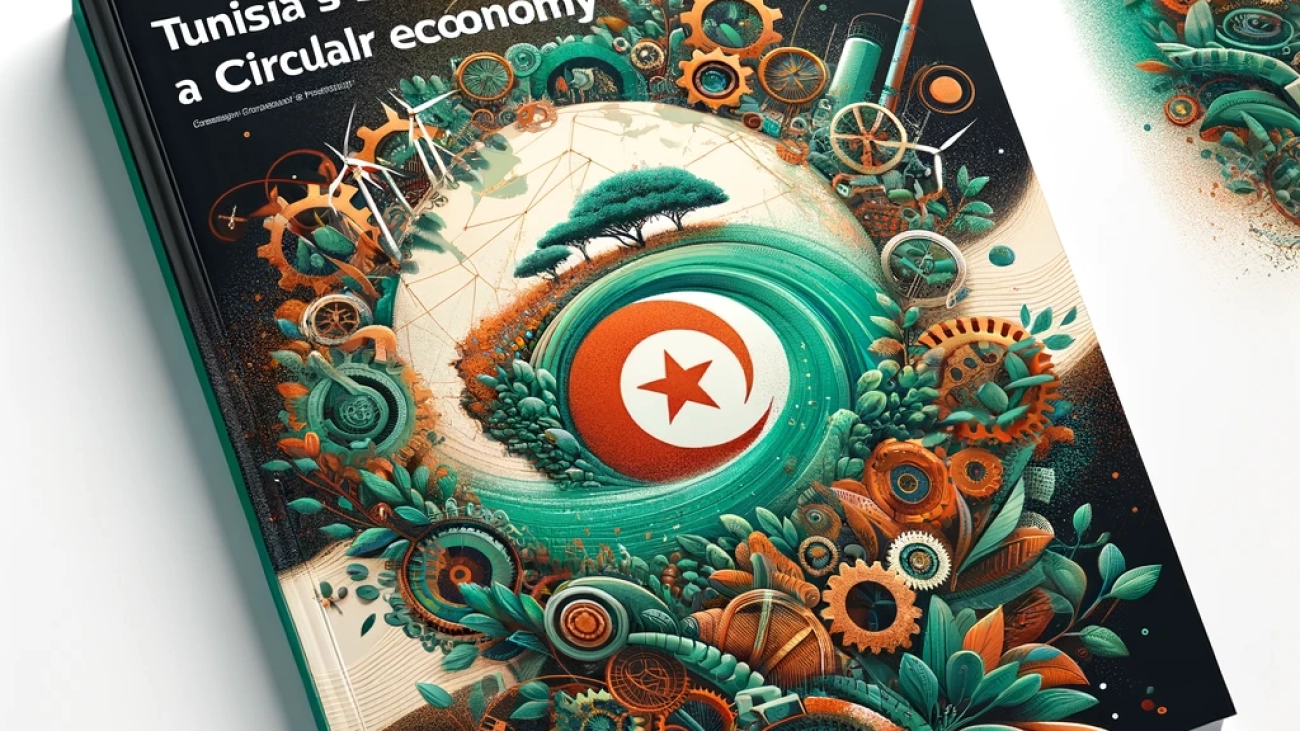For many years, the circular economy has been a beacon of hope for Tunisia, guiding it toward becoming a nation that flourishes economically, welcomes inclusivity, and upholds environmental stewardship. This innovative approach is pivotal in addressing the pressing concern of dwindling natural resources.
Globally, a shift toward the circular economy model is noticeable, emphasizing the inception of products designed with their eventual reuse, recycling, and repurposing in mind, which marks a significant departure from the traditional linear economy’s extract-produce-use trajectory.
The journey of societal advancement and economic expansion has invariably exerted substantial pressure on our natural resources. The circular economy offers a glimmer of hope, presenting an alternative that not only tackles environmental challenges but also fosters economic growth and job creation.
In the heart of this transformative process stands the circular economy, championing the concept of waste as a valuable resource. By converting waste back into goods, it aims to alleviate the environmental burden, conserve raw materials, and curb greenhouse gas emissions.
Tunisia is on the cusp of embracing this change, with forthcoming reforms announced by Environment Minister Leila Chikhaoui. The success of this initiative hinges on synergistic collaborations across various sectors and stakeholders.
The Ministry’s vision extends to achieving a landmark goal: zero waste by 2050. Such an ambitious target is attainable only through the concerted efforts of public entities, governmental bodies, civil society, and individual citizens.
Rooted in sustainable development principles, the circular economy is inspired by the ethos of the green economy, service and functionality economies, operational efficiency, and industrial ecology. It embodies a system where every material used in production is recaptured, processed, and ideally recycled, minimizing the reliance on finite natural resources and significantly reducing raw material and energy wastage.
Amidst this transformative wave, the Ministry of Environment is committed to enlightening citizens about the importance of adopting eco-conscious behaviors and incentivizing investors to spearhead eco-friendly and sustainable economic ventures, particularly in waste recycling. This initiative underscores the critical need for enhanced waste sorting at the source, setting the stage for a more effective recycling process and a greener future for all.
